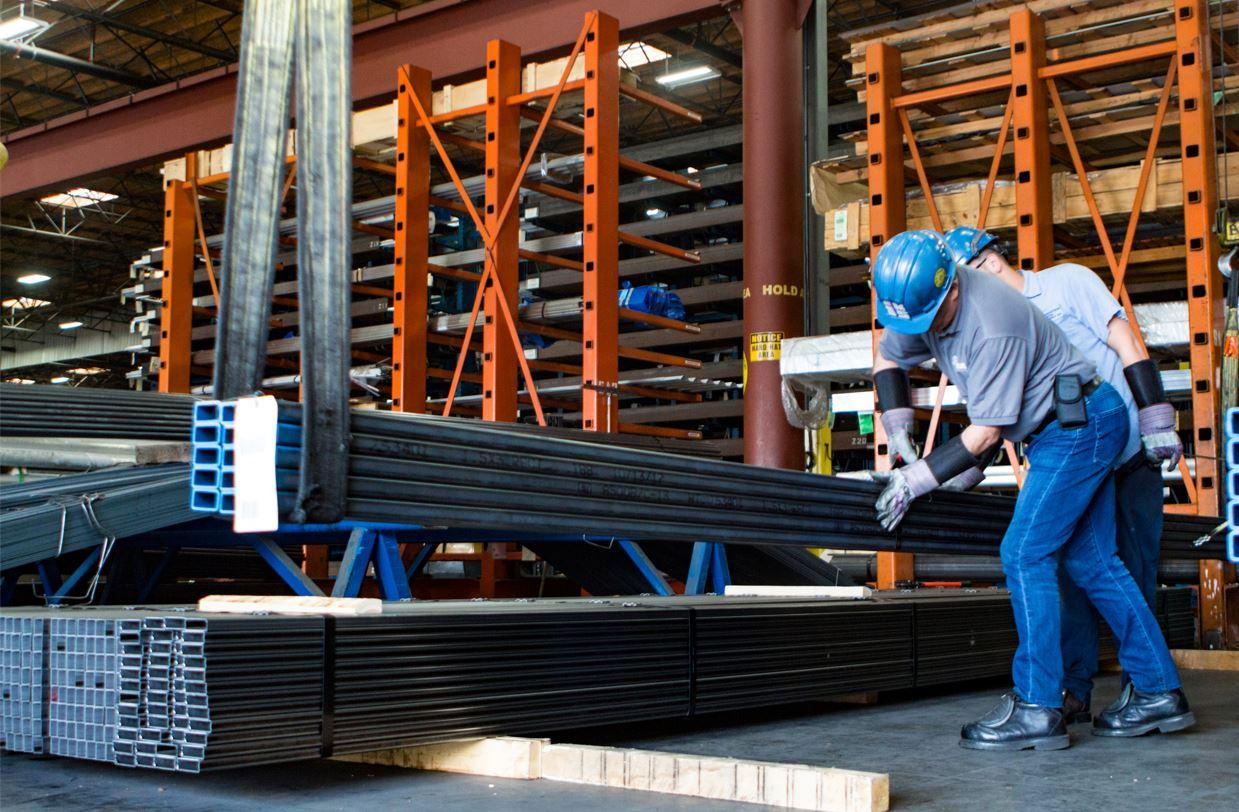Reliable Industrial Supply Strategies for Sustainable Operations
Reliable industrial supply forms the backbone of every successful manufacturing and production operation. Without dependable access to high-quality factory equipment, workshop tools, and precision-engineered manufacturing parts, even the most advanced facilities risk inefficiencies, downtime, and compromised output.
At Trinity Industrial Supply LLC, we recognize that the materials and components used within any industrial process are more than just consumables — they are critical assets that shape long-term operational performance, safety, and cost-effectiveness. Choosing the right sourcing strategy determines not only how efficiently your factory runs today but also how sustainable it will remain tomorrow.
Key Approaches to Material Sourcing
Every organization must find the right balance between cost, reliability, and operational flexibility. The three predominant strategies — Strategic Sourcing of Premium Materials, Cost-Optimized Material Acquisition, and Just-In-Time (JIT) Material Delivery — each present distinct benefits and challenges.
1. Strategic Sourcing of Premium Materials
This approach emphasizes acquiring technical components and hardware supplies from vetted, certified suppliers with proven quality systems. Companies adopting this model prioritize long-term reliability over short-term cost reductions.
Premium sourcing minimizes unexpected failures and reduces maintenance frequency, ensuring continuous production and protecting valuable assets. It is particularly advantageous in industries where machine uptime, precision, and safety are non-negotiable.
2. Cost-Optimized Material Acquisition
In contrast, this method seeks to achieve a balance between acceptable material quality and reduced upfront expenditure. The goal is to control operational budgets while maintaining essential functionality. However, success depends heavily on careful evaluation of supplier reliability and product consistency. Without proper quality control, this approach can lead to higher downstream expenses through repairs, replacements, and process inefficiencies.
3. Just-In-Time (JIT) Material Delivery
The JIT strategy focuses on minimizing inventory holdings by receiving production supplies precisely when needed. It reduces storage costs, waste, and capital tied up in excess stock. Yet, it demands an exceptionally dependable industrial distributor — one capable of ensuring punctual, flawless deliveries every time. Any delay or defect in JIT shipments can cause immediate production disruptions, making supplier trust and coordination paramount.
Criteria for Material Evaluation
To identify the optimal sourcing approach, companies should evaluate materials and suppliers against four critical criteria:
Operational Reliability
Assess how consistently materials perform under industrial stress and how effectively they prevent unplanned downtime. Reliable equipment providers should demonstrate proven performance data, consistent batch quality, and adherence to strict manufacturing standards.
Total Cost of Ownership (TCO)
Beyond the purchase price, consider installation, maintenance, replacement frequency, and energy efficiency. Materials that cost more initially may ultimately save money through longer lifespans and reduced downtime.
Production Efficiency
Examine how materials influence production flow, setup time, and quality control. Superior materials enable predictable processes, minimize rework, and support higher throughput.
Safety and Compliance
Ensure that materials meet or exceed industry-specific safety regulations. High-quality components safeguard personnel, protect machinery, and reduce liability risks — key factors in sustainable operations.
Comparative Analysis of Sourcing Strategies
Strategic Sourcing of Premium Materials
This strategy delivers superior operational reliability and consistent quality. By selecting materials manufactured under stringent specifications, companies drastically reduce premature wear and performance variability. The investment in premium technical components and hardware supplies translates to smoother workflows, fewer stoppages, and enhanced product integrity.
From a TCO perspective, premium materials may have higher upfront costs, but they yield substantial savings through longevity, lower maintenance, and decreased failure rates. Production efficiency also benefits: consistent input quality supports precise assembly, stable throughput, and reduced waste. Moreover, premium sourcing ensures compliance with — and often exceeds — safety regulations, providing an additional layer of protection for employees and equipment.
Cost-Optimized Material Acquisition
This approach prioritizes affordability but requires strict supplier oversight. While the lower purchase price can improve short-term margins, it often introduces risks associated with inconsistent material quality. Minor defects or deviations can accumulate, leading to higher maintenance and downtime costs.
In terms of TCO, savings may be offset by frequent replacements and operational interruptions. Production efficiency remains acceptable only if materials stay within defined quality tolerances. Supplier reliability, therefore, becomes the critical success factor. Regarding safety, organizations must verify that all products meet required standards and include a margin for operational stress to prevent failures. Routine audits and testing are indispensable for maintaining compliance and reliability.
Just-In-Time (JIT) Material Delivery
JIT sourcing is built around precision and timing. Its success depends on a seamless partnership between manufacturer and industrial service provider. By eliminating excess inventory, companies save on storage and capital costs; however, JIT exposes them to greater risks from supply chain disruptions or material defects.
If a single JIT shipment arrives late or fails quality inspection, production halts immediately. Although JIT reduces holding costs, it requires absolute trust in the equipment provider’s quality assurance and logistics performance. For efficiency-driven manufacturers with stable production cycles and trusted suppliers, JIT can significantly enhance lean operations. But without rigorous quality verification and contingency planning, the risks can outweigh the benefits.
Recommendations for Material Selection
The choice of sourcing strategy should align with the company’s production goals, budget constraints, and tolerance for operational risk.
-
For critical operations where downtime, safety, and quality are paramount, Strategic Sourcing of Premium Materials is the optimal choice. It ensures durability, consistency, and long-term stability for essential workshop tools, manufacturing parts, and key machinery components.
-
For cost-sensitive environments with robust internal quality control systems, Cost-Optimized Material Acquisition can be effective. It works best for non-critical parts where minor performance fluctuations do not jeopardize safety or core output.
-
For mature, predictable production environments, JIT Material Delivery is ideal. When backed by a reliable industrial distributor and transparent communication channels, it maximizes efficiency and minimizes waste.
Ultimately, many organizations find that a hybrid strategy delivers the best results — combining premium sourcing for mission-critical parts, cost-optimization for standard supplies, and JIT for predictable, high-volume materials.
Partnering with Trinity Industrial Supply LLC
Selecting a knowledgeable equipment provider is essential for implementing any sourcing strategy successfully. Trinity Industrial Supply LLC offers comprehensive solutions across all categories of industrial supply — from heavy-duty factory equipment and precision technical components to essential hardware supplies and production tools.
With our expertise in sourcing, logistics, and quality management, we help clients reduce risk, enhance reliability, and achieve long-term operational efficiency. Our team of specialists works closely with manufacturers to deliver tailored industrial solutions that optimize cost and performance without compromising safety or compliance.
At Trinity Industrial Supply LLC, we don’t just deliver materials — we deliver confidence, continuity, and excellence across every stage of production. Whether you’re upgrading your supply chain, evaluating sourcing options, or optimizing plant efficiency, we stand ready to be your trusted partner in reliable industrial supply and sustainable success.


